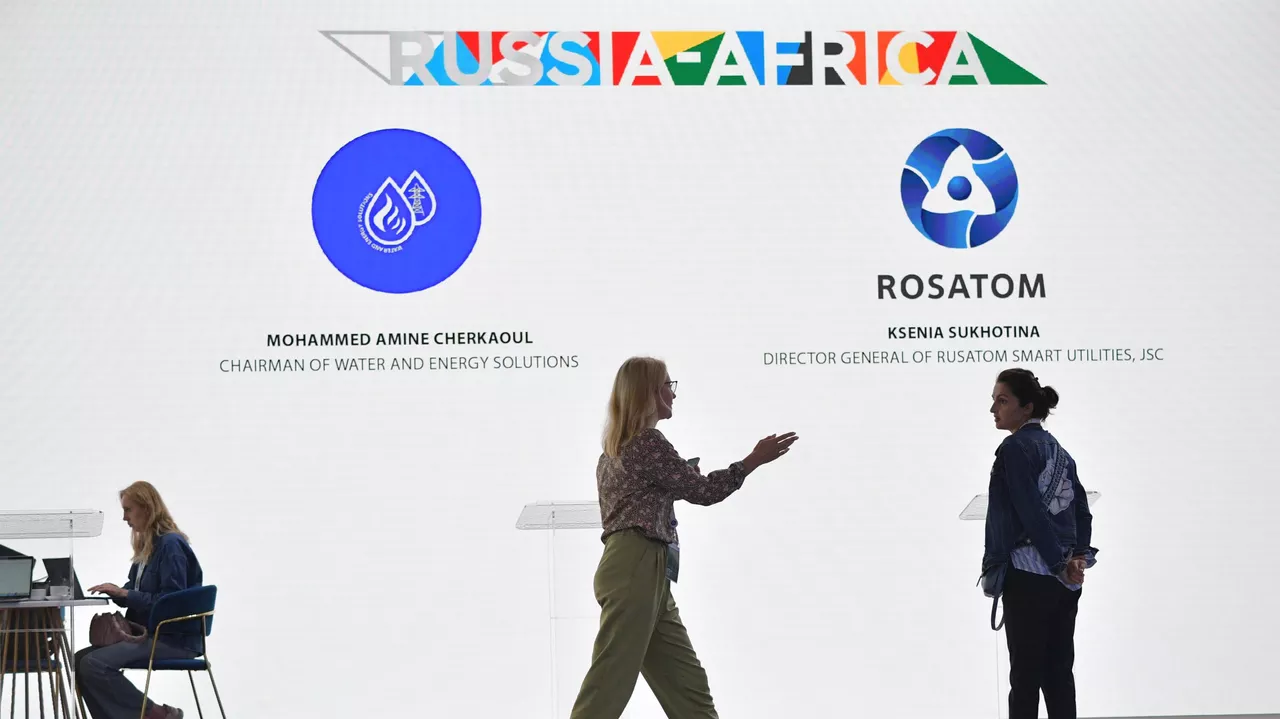If Africa wants to become energy self-sufficient and be able to meet its own energy needs, the continent has no choice but to enter the path of nuclear development, Ibrahim Uwizeye, Burundi’s Minister of Hydraulics, Energy and Mines has said
Speaking on the sidelines of the recently concluded Russia-Africa Summit, Uwizeye argued that nuclear technologies are vital for Africa in terms of achieving energy self-sufficiency. He emphasized that Sub-Saharan Africa needs “efficient energy” in order to develop and advance projects in other areas aimed at facilitating the continent’s economy.
“Based on that, we have no other choice, we have no other way than to enter the nuclear route,” he said.
During the first day of the Russia-Africa Summit, Burundi and Russia signed an intergovernmental agreement on peaceful nuclear energy cooperation. The agreement provides for the practical implementation of joint projects in a wide range of areas.
According to the minister, nuclear technologies could give a boost to Africa in the field of health, agriculture, infrastructure, and industries.
Signed by Burundi’s Foreign Minister Albert Shingiro and Rosatom Director General Aleksey Likhachev, the agreement provides for assistance in the creation of Burundi’s nuclear infrastructure, legal regulation, basic research, and the production of radioisotopes and their use in industry, medicine, and agriculture.
“I am sure and certain that we are on the right track to have this kind of technology,” Uwizeye said, adding: “I even visited a 1,400-megawatt plant, which I thought was really fantastic, and it really impressed me. So I would like to see my country have that kind of plant one day.”
Moreover, on the sidelines of the summit, a memorandum of understanding was signed between Rosatom and the Ministry of National Education and Scientific Research of Burundi on cooperation in the education and training of personnel for the nuclear power industry of the African country.
Uwizeye also stated that Burundi invites Russian specialists and investors for the development of mining deposits. He added that the country is “open to cooperation” with Russia, noting that Burundi has rich nickel reserves.
In November 2022, Russia and Burundi signed a roadmap on building dialogue in peaceful nuclear development. In March this year, Burundi signed a memorandum of understanding with Russia to continue studies on the possibility of operating a nuclear power plant. In late May, the country confirmed its interest in Russian technologies during a visit by Russian Foreign Minister Sergey Lavrov.





